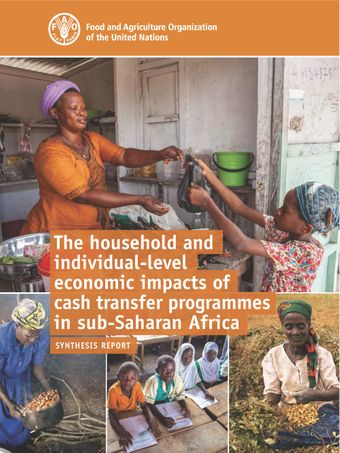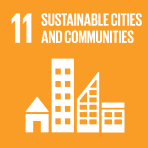- Home
- Books
- The Household and Individual-level Economic Impacts of Cash Transfer Programmes in Sub-Saharan Africa
- Chapter
Introduction

- Authors: Silvio Daidone, Benjamin Davis, Sudhanshu Handa and Paul Winters
- Main Title: The Household and Individual-level Economic Impacts of Cash Transfer Programmes in Sub-Saharan Africa , pp 1-2
- Publication Date: January 2018
- DOI: https://doi.org/10.18356/87cb4bf8-en
- Language: English
- Previous Chapter
- Table of Contents
- Next Chapter
Cash transfers have become a primary means of promoting social protection in developing countries. In general, cash transfer programmes provide cash to beneficiary households with the objective of alleviating poverty while at the same time contributing to long-term poverty reduction (Fiszbein et al., 2009; Slater, 2011). As cash transfers are key components of social protection strategies, understanding their impact on social outcomes is critical. A large body of literature has emerged on the social impacts of cash transfers, which focused primarily on the health, nutrition and schooling of the children of the poor (Fiszbein et al., 2009; Adato and Hoddinott, 2010; Handa, Devereux and Webb, 2010). Yet cash transfers may have more than just social impacts, leading also to economic impacts, a dimension that has not received much attention in cash transfer impact evaluation literature. For this reason, this report examines the impacts of cash transfers on economic activities, productive investment and labour supply.
-
From This Site
/content/books/9789210473835c006dcterms_title,dcterms_subject,pub_keyword-contentType:Journal -contentType:Contributor -contentType:Concept -contentType:Institution105

